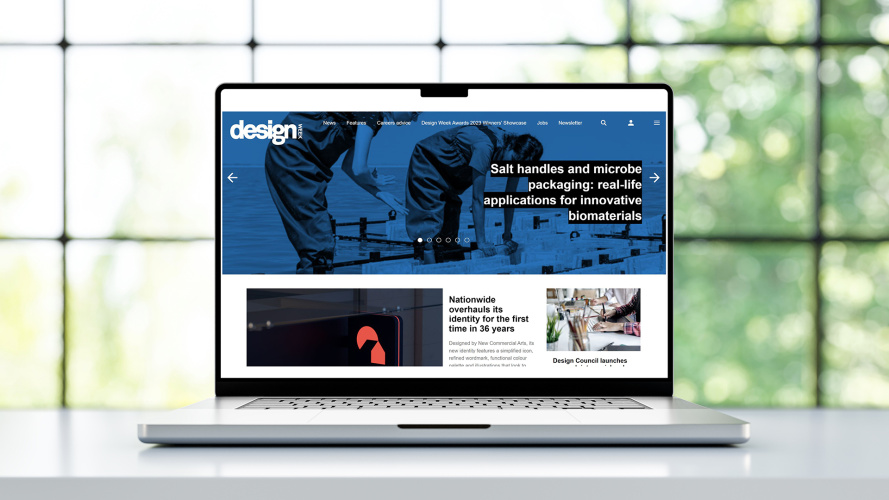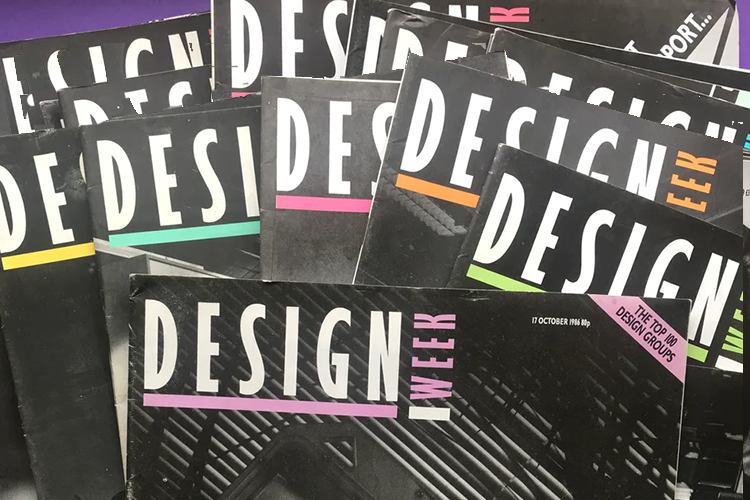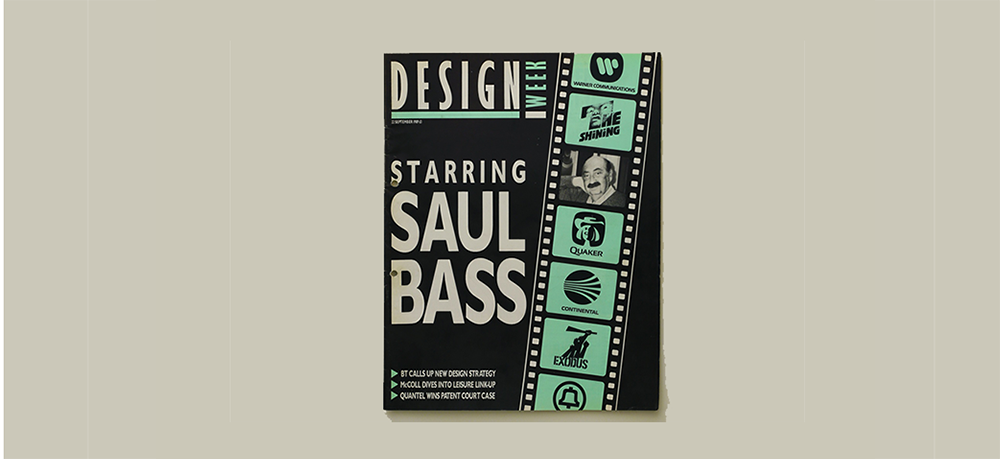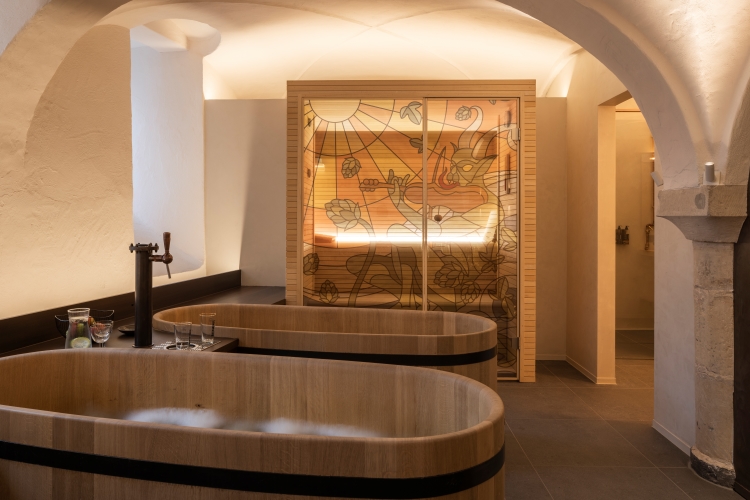Rebecca Wright: “We must generate new career paths for young people”
Central St Martins dean of academic programmes and D&AD trustee Rebecca Wright argues that to help the next generation of designers, the industry needs to look further.
We are living through extraordinary times. And in an uncertain world of social, economic and environmental turmoil, we’ve never needed creative thinking more. But with creative education under threat at all levels, it’s going to need us all to play a role in ensuring the next generation gets the opportunities to develop as creative thinkers.
Creative thinking powers invention, innovation and the economy. Recent figures reveal that the design industry alone contributes £97.4bn to the UK economy each year, which makes the current hostile environment for arts education not only concerning but confounding.
Those of us involved in the creative and cultural industries know the value of arts, design and culture in enriching our lives and extending our understanding and experience of what it is to be human – and we also know the contribution of our industries to financial prosperity, to growth and commerce and to the urgent search for ways to flourish within the finite resources of our increasingly fragile planet. Creative thinking is a vital skill in addressing not only immediate economic challenges but also the grand challenges of our time. And yet, this is a moment of genuine peril for design education.

There is evidence to show that a decade of repeated cut-backs at primary and secondary school level are resulting in less young people studying arts subjects. For those of us working in UK Higher Education, cuts in funding and resources and the undermining rhetoric of ‘low value’ degrees and ‘woke’ agendas attributed to arts degrees are not only depressingly common but also deeply damaging. The latest UK government metrics that evaluate the quality of university provision based around short-term graduate salaries pose further jeopardy for creative arts subjects, and miss the longer-term economic impact and wider value of our disciplines.
It’s not just the effect these conditions will ultimately have on the talent pipeline that fuels our industry that is troubling. Failure to foster creative thinking in our younger generations reduces the likelihood that young people will see creative thinking as a valuable skill, and at a time when the world is in crisis and we need to urgently find new ways of being, doing and thinking, this is to the detriment of us all.
Forging new pathways
So, what can we do? The creative sector must start future-proofing itself and we cannot do this by working in silos. We need creative agencies, brands, schools, colleges, universities and non-profit organisations to work together to invest in developing creative skillsets in young people, and we must generate new opportunities to forge successful career paths for young people with different levels of educational experience to ensure the future of our industry is inclusive and assured.
Examples do exist, including STEAM CO, a non-profit community interest company, which collaborates with UK primary schools, parents and companies to run immersive and experimental activities that bring art and creativity into the established concept of STEM. These demonstrate the power of art and creative thinking in practice, engaging and inspiring school children in applying creativity to science, technology, engineering and maths at an early age and seeding creative thinking as an exciting, animating and valuable skill in young minds.
“Knowledge exchange” between students and companies
At further education and higher education levels, colleges and universities are looking for and developing partnerships with creative and other industries that are built around knowledge exchange – the recognition that each has much to learn from the other. Unsurprisingly, this is frequently focussed around innovation and application of technology.
At Central Saint Martins, a recent industry collaboration with digital telecommunications company Three involved bringing cutting-edge hardware and software into teaching spaces for students from across the creative disciplines to explore and test how they might be applied to a range of scenarios including commercial ones – for example, fashion students collaborated with Three and Chelsea Football Club on a student sponsored project speculating how this technology could augment audience experience and generate new audiences for football.
Going beyond mainstream education
These types of mutually enriching partnerships bring benefits for students who not only gain industry relevant experience and portfolio pieces, but also a sense of the value of their skills to external clients and organisations. Meanwhile the facilitating industry gains from the unfettered creativity and broad demographic of our students’ varied educational, cultural and generational approaches to their work. This can positively impact commercial and social innovation, curriculum developments and changes in industry practice. But there is still much to do to increase access to this type of opportunity and reach young people who are not in the university system.
We know we can rise to a challenge. In response to the pandemic we saw examples of companies adapting their approaches to help nurture and attract young creative talent. Netflix, for instance, launched the Netflix Pathways Bootcamp, developing students’ technology skills by applying them to real-world business problems, with the aim of increasing representation in the tech industry, particularly among Black and Latinx communities.
Hiring outside of “creative bubbles”
Design agency Landor and Fitch meanwhile, embraced the opportunity brought by remote working and started hiring more creatives from further afield rather than focusing on creative bubbles like San Francisco, which tend to be expensive for graduates to live in.
I’m proud to say that I’m the former president of D&AD, which has been supporting emerging creatives for 60 years. Recently we partnered with Google to expand D&AD Shift – a free industry-led night school for emerging creatives facing barriers to accessing higher education and employment. Originally founded in London, then New York, D&AD Shift with Google is now expanding to three additional cities, including Sydney. More than 67% of graduates have gone on to secure paid work placements in leading consultancies such as Droga5, The Mill, McCann and Design Bridge. Another crucial development has been establishing a digital campus – enhancing the reach and accessibility of the program even further.
A call to arms
However, we can always do more. We need to apply our creative thinking to inspiring and nurturing future talent early in the education cycle and to scale existing initiatives and expand our ambitions. We need to articulate, demonstrate and advocate more loudly about the value and impact of creative skillsets, in ways that are compelling to young people, to parents, to educators and to government. We need to find more ways to work together to provide opportunities and support for young people in schools, colleges and universities to hone and apply creative thinking skills, which will be to the benefit of us all.
As D&AD President I have worked over the last year to help re-establish the organisation’s focus on learning as a core mission and ongoing ambition, and we’re working to do more to bring education and the creative industries closer together. If you’re reading this and want to get involved, get in touch with us at D&AD or with your local college or university to become a mentor.
As Dean at Centreal Saint Martins I am surrounded by daily reminders of how learning transforms lives. The teams I lead focus on nurturing and propelling the creative skillsets and creative thinking that will shape our world and fuel our ability to imagine and build a better future. Young and emerging designers are essential to the creative ecosystem. They are our lifeblood. The current generation is noted for its active engagement with world issues and the conviction that through their engagement, they can help bring about change. As an industry and creative community, we have a shared responsibility to provide support for them, and perhaps most importantly, learn from them. All our futures depend on it.
Rebecca Wright is dean of academic programmes at Central St Martins, and is a current trustee and former president of D&AD 2021-22.
-
Post a comment





